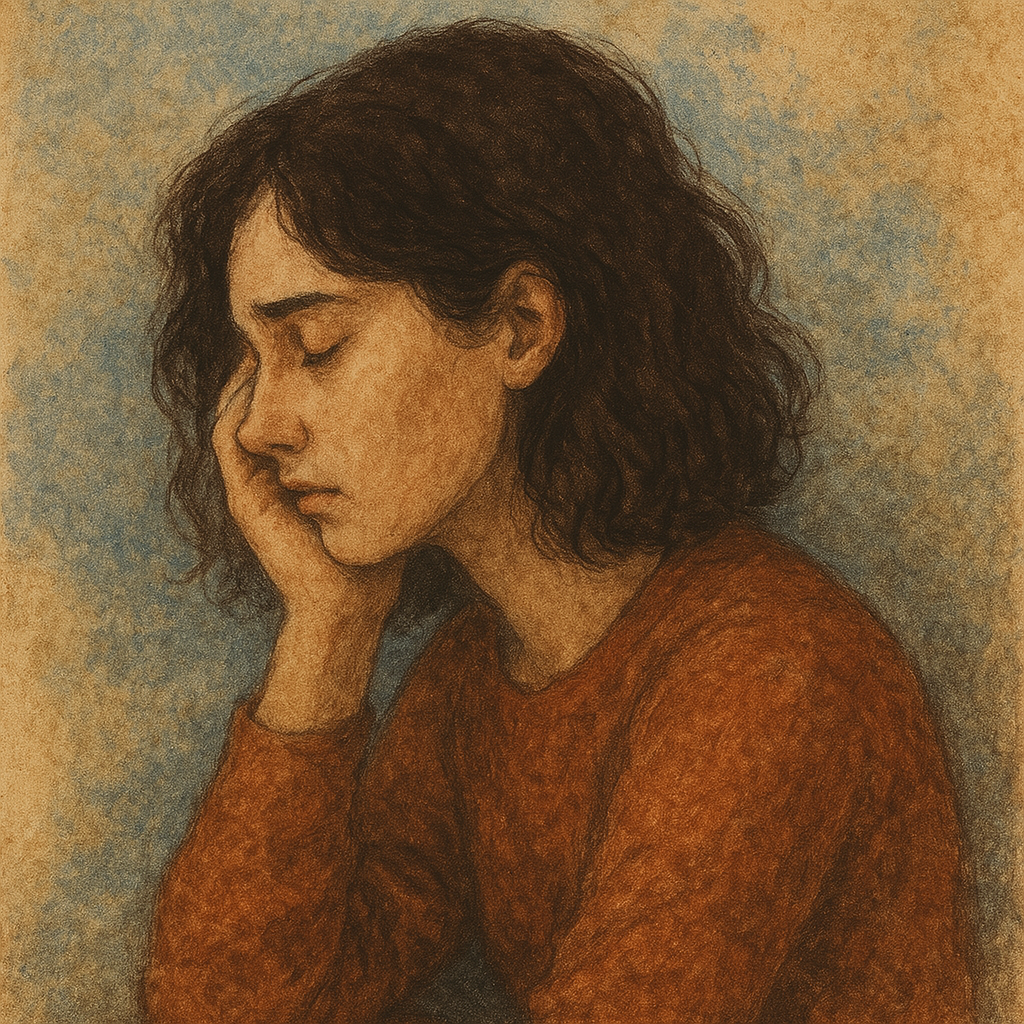Saudade: The Beautiful Ache of Missing What Was (or Might Have Been)

There are some feelings so complex, so layered, that entire languages fail to capture them in a single word. Except, perhaps, Portuguese - which gives us saudade.
What is Saudade?
At its heart, saudade is a deep, melancholic longing. It’s the ache of missing something - or someone - that’s gone, out of reach, or maybe never even existed in a tangible way. It’s not just nostalgia. It’s nostalgia laced with the sorrow of absence, and the bittersweet beauty of memory.
You might feel saudade for a person, a place, a time in your life, or even a version of yourself that once was. It’s the silent echo of laughter down an empty hallway, the smell of rain that reminds you of a love that never fully bloomed, the haunting sense of waiting for someone you’ve never met.
Cultural Roots of Saudade
The concept is deeply embedded in Portuguese and Brazilian culture, shaping music, poetry, and everyday language. In Portuguese literature, it appears as far back as the 13th century, tied to sailors who longed for home as they ventured into the unknown during the Age of Discovery. Later, in Brazil, it took on new textures - shaped by colonial history, migration, and a strong emotional current in art and song.
In music, especially in genres like fado in Portugal or bossa nova in Brazil, saudade becomes a kind of rhythm - slow, soulful, and yearning. It’s not just a word; it’s a way of feeling life more deeply.
Saudade in Everyday Life
We all know saudade, even if we’ve never heard the word. It visits quietly, often at night. It’s that pull on your chest when a certain song plays. It’s the hollow spot at the dinner table. It’s missing someone before you’ve even met them, or mourning a chapter of life before it’s even ended.
Unlike some feelings we try to avoid, saudade is almost welcome - like an old friend who reminds you that you’ve lived, you’ve loved, and you’ve felt deeply.
Why It Matters
In a world that often rushes toward the next thing, saudade invites you to pause. To remember. To feel. It’s a reminder that absence is just another shape of love, and longing is proof that something once mattered - or still does, even in its absence.
It doesn’t need a solution. Saudade is not a wound to be healed but a feeling to be honored.